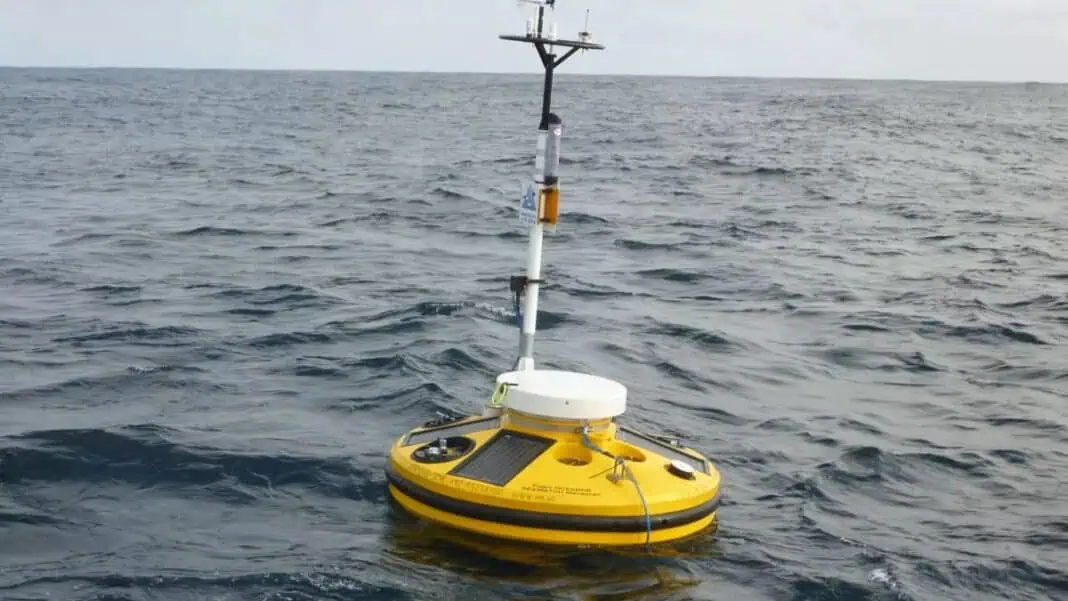The Italian Institute for Environmental Protection and Research (ISPRA) has awarded Fugro a contract to deliver the offshore wave and current measurement network (rete ondametrica e correntometrica d’altura (ROCA)) for Italy’s marine and coastal ecosystems. The 2-year project will be executed with Italian partners Poliservizi Srl and Prisma Srl. The ROCA network will also include two seabed tsunami early-warning stations in the Sardinian Channel and the South Ionian Sea.
The contract is part of ISPRA’s Marine Ecosystem Restoration (MER) Project, a groundbreaking initiative under the National Recovery and Resilience Plan, that aims to restore the marine habitats, fortify the national system for observing marine and coastal ecosystems, and comprehensively map coastal and marine habitats across Italian waters.
While Fugro’s Italian partners will manage most of the marine operations and service work, Fugro will design the buoys’ mooring systems, and install and operate the ROCA network. This comprises the provision and installation of 11 SEAWATCH® Wavescan® buoys monitoring network, in water depths of 210 m to 3000 m throughout Italian waters, including the Adriatic, South Ionian, Tyrrhenian and Ligurian Seas.
Once installed, Fugro’s SEAWATCH® Wavescan® buoys will continuously measure and transmit real-time Geo-data on metocean parameters such as wave height and direction, current velocity profiles, air temperature and pressure, and wind speed and direction. The buoys are equipped with a redundant two-way satellite communication system, enabling communication with the new data-receiving centre that Fugro will also set up for ISPRA.
This new Fugro SEAWATCH® Wavescan® buoy and seabed station monitoring network is one of several components of Italy’s MER Project. Fugro is a key partner on the project providing multiple services including the crucial mapping of the seagrass around Italy to provide seabed and habitat mapping insights. The Geo-data will support large-scale action for the protection and restoration of the Mediterranean’s seabed and marine habitats to protect biodiversity and promote the sustainability of activities such as fishing, tourism and growth of the blue economy.
Giordano Giorgi, ISPRA’s National Coordinator of MER Project and Director of ISPRA’s National Centre for Coasts, said:” The ROCA network represents an indispensable tool to acquire detailed and reliable data and information on climate change that is affecting, and will affect, our countries in the future. In fact, today’s climate change scenarios are based on global modelling systems that do not consider specific and proper measured data on currents in the Mediterranean Sea. In this respect, the ROCA network will provide an optimal spatial coverage of Italian waters and Mediterranean Sea.”
Jørn Erik Norangshol, Fugro’s Regional Service Line Director, Metocean Science for Europe and Africa, said: “Having implemented many similar real-time metocean monitoring systems for national authorities across the globe and over several decades, we’re looking forward to delivering another important monitoring project based on our world-leading Geo-data solutions. Marine ecosystems are vital to our planet’s health and this new project for ISPRA aligns closely with our own Towards Full Potential Strategy providing the monitoring data to support urgently needed climate change adaptation to contribute to a safer and more liveable world for everyone.”












